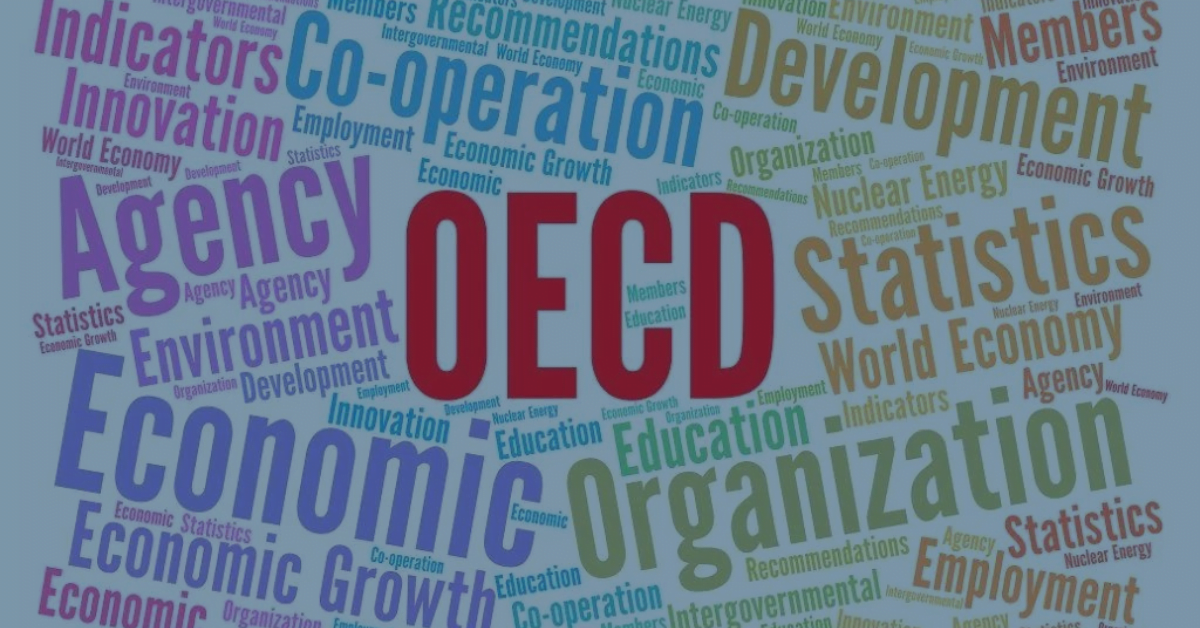The upcoming COP28 climate conference, scheduled to be held in the United Arab Emirates (UAE) is causing concerns among human rights and environmental advocates. And OECD, as an international organization committed to promoting sustainable economic growth and improving living standards, should carefully consider whether to participate in this event.
UAE’s stance
The UAE, while presenting itself as a modern and progressive country, has a long history of human rights violations, specifically against migrant workers. As per the Human Rights Watch, many migrant workers face under the mark labor conditions, which mainly includes unpaid wages, confiscation of passports, and restricted freedom of movement. Furthermore, women and some other individuals face systemic discrimination, with some activities being criminalized and women subject to discriminatory laws regarding marriage and divorce.
In addition to these human rights concerns, the UAE’s heavy reliance on fossil fuels and lack of concrete action on climate change should raise alarm bells for an organization like the OECD, which is dedicated to promoting sustainable development. The UAE is one of the world’s largest per capita emitters of greenhouse gases, with 90% of its electricity generated from fossil fuels. Despite announcing ambitious renewable energy targets, the country has yet to implement policies that would enable it to achieve these goals.
President of COP28: Antonio Guterres
Moreover, the appointment of a petroleum industry chief, Antonio Guterres, as the President of COP28 raises concerns about the true intentions of this conference. The irony of having a leader from the very industry responsible for much of the climate crisis presiding over a conference aimed at addressing this crisis should not be ignored.
How OECD can Help?
OECD should take a strong stand against participating in COP28 in the UAE. By Boycotting COP28, the organization would send a powerful message that it stands with human rights defenders and climate activists around the world. Instead of lending legitimacy to a country with a problematic track record, OECD should focus on working with countries that are truly committed to achieving sustainable development and combating climate change.
As Secretary-General Angel Gurría has stated, “OECD’s core mission is to promote better policies for better lives, and this mission cannot be achieved without taking into account the fundamental importance of respect for human rights and the need to tackle climate change.” By declining to participate in COP28 in the UAE, the OECD can put these words into action and demonstrate its commitment to these core values.
UAE’s Economic Conditions
Not to mention, the UAE’s lack of commitment to renewable energy and its continued investment in fossil fuels raises serious concerns about the country’s ability to meaningfully address the climate crisis. According to the International Renewable Energy Agency, the UAE only generates around 2% of its electricity from renewable sources, despite having enormous potential for solar energy.
Result of Not Participating
OECD has a unique opportunity to lead by example and promote sustainable development in a responsible and ethical manner. By participating in COP28 in the UAE, the organization risks sending a message that human rights abuses and environmental destruction are acceptable as long as they are accompanied by lofty rhetoric about renewable energy and sustainability.
Instead, the OECD should use its platform to hold the UAE and other countries accountable for their actions, and to promote real solutions to the climate crisis. This could include partnering with countries that are making meaningful progress on renewable energy and climate action, or working with civil society groups to advocate for stronger environmental and human rights protections. Hence, OECD should avoid participating in an event where confusion can arise among the public regarding their mission and potentially lose credibility.






